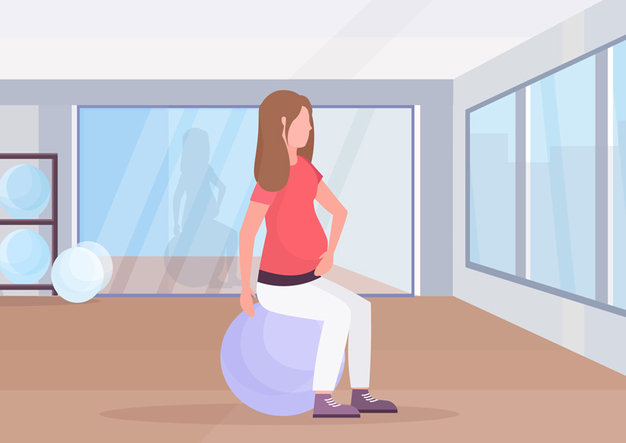
A physical therapist cares about women's health, treats bladder, bowel and sexual problems, and specializes in patients with pelvic floor dysfunction. It also treats pregnant patients, with the aim of reducing pain and keeping women fit and active throughout pregnancy.
Pregnancy physical therapy can include prenatal classes and exercises for pregnant women to prepare them physically and mentally for childbirth. Pelvic floor training is the most important element of training during pregnancy.
Physical therapy can also help in the postpartum period, with pain relief and return to exercise.
Many pregnant women suffer from pain in the lower back and pelvis. Physical therapy for this group of women consists of posture correction, stretching tight muscles, massage, gentle core exercises, manual therapy, and relaxation techniques. Pelvic pain can be caused by many things and is often related to tight muscles around the pelvis or pelvic floor.
This problem can be treated with relaxation, breathing exercises, and trigger point massage. Physical therapy can be used to treat urinary incontinence, as one out of every three women suffers from urinary incontinence at some point in her life. There are many reasons why women are at risk, including pregnancy and childbirth, constipation, chronic cough, being overweight and living a generally sedentary lifestyle. A physical therapist can also provide advice, guidance and guidance in a pelvic floor rehabilitation programme.
Physiotherapy can also be effective in treating bowel symptoms such as fecal urgency, fecal incontinence, gas/flatus leakage and constipation.
Lifestyle advice, including good bowel habits, stress management, gentle exercise, relaxation, and guided pelvic floor rehabilitation, may help manage symptoms.